Is my irrigation system overkill?
echobelly
9 years ago
Related Stories
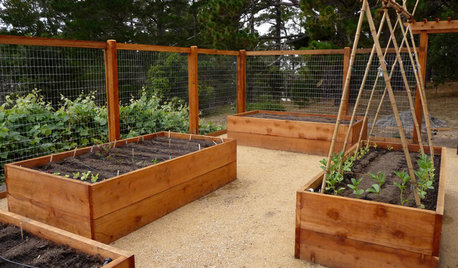
GARDENING GUIDESHow to Install a Drip Irrigation System
Save time and water with a drip watering system in your vegetable garden — a little patience now will pay off later
Full Story
EARTH DAYGrow a Beautiful Garden With Ecofriendly Greywater
Reducing home water waste means lower bills and a healthier planet. Here's how to set up a greywater home irrigation system that can help
Full Story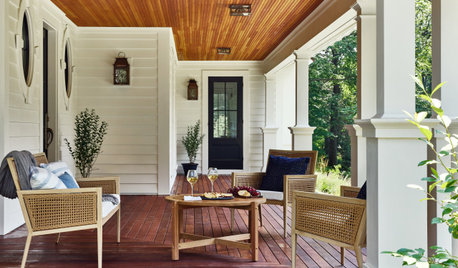
MONTHLY HOME CHECKLISTSTo-Dos: Your April Home Checklist
Kick spring cleaning into high gear, and troubleshoot cooling and irrigation systems for the warmer months ahead
Full Story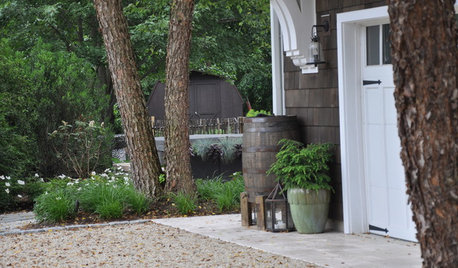
SAVING WATER6 Reasons Why You Should Save Your Rainwater Now
Collect and store during the rainy season so you’ll have water ready for irrigation when you need it
Full Story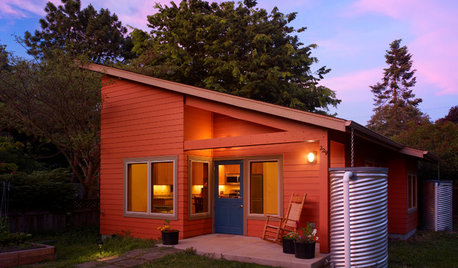
GREEN BUILDINGHow to Harvest Rainwater for Your Garden
Conserve a vital resource and save money by collecting stormwater for irrigation in a barrel or tank
Full Story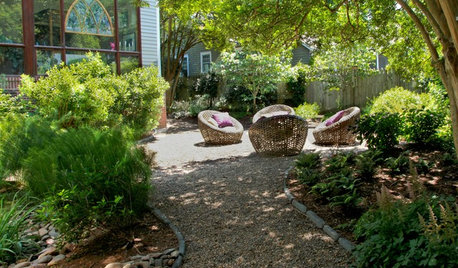
LANDSCAPE DESIGNEasy Ways to Manage Stormwater for Lower Bills and a Healthier Earth
Send cleaner runoff into local waterways and spend less on yard irrigation with these simple landscaping approaches
Full Story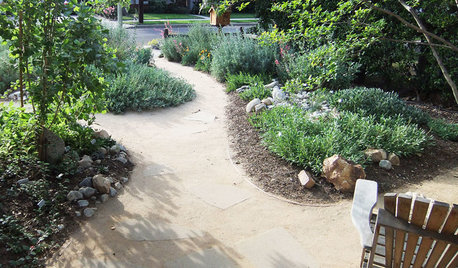
GARDENING GUIDES5 Things to Know About Watering Your Native Garden
Ensure the success of your new plantings with a smart approach to irrigation
Full Story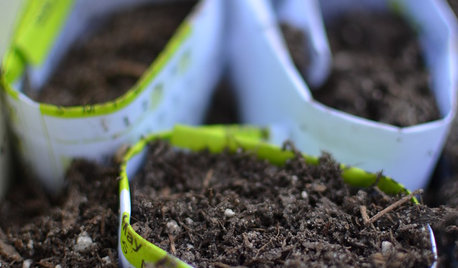
SOUTHWEST GARDENINGTexas and Desert Southwest Gardener's January Checklist
Since snow doesn't swirl in these parts, it's time to get fruit trees in the ground, check irrigation and color the garden with annuals
Full Story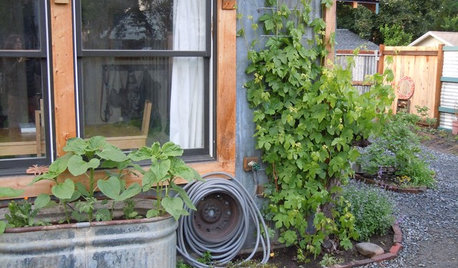
GARDENING GUIDESEdible Gardening Essentials: Tips for Traditional Hand Watering
Save the expense and hassle of a complicated garden system with a simple watering can or inexpensive hose add-ons
Full Story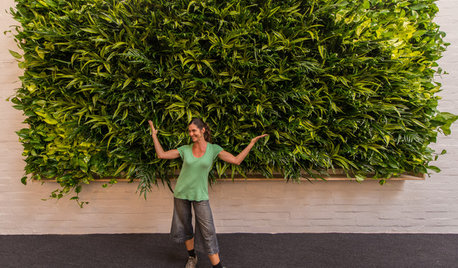
HOUSEPLANTSHow to Add a Living Wall
Learn how to choose systems and plants, and what it will cost to bring a bit of the outdoors in or green up a garden wall
Full Story





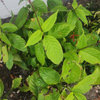
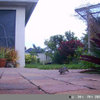

ritaweeda
fawnridge (Ricky)
Related Professionals
Estelle Landscape Contractors · Kerman Landscape Contractors · Morrisville Landscape Contractors · Oak Forest Landscape Contractors · Overland Park Landscape Contractors · Casselberry Landscape Contractors · Billerica Decks, Patios & Outdoor Enclosures · Crystal Lake Decks, Patios & Outdoor Enclosures · Frisco Decks, Patios & Outdoor Enclosures · La Palma Decks, Patios & Outdoor Enclosures · Manchester Decks, Patios & Outdoor Enclosures · Owings Mills Decks, Patios & Outdoor Enclosures · St. Louis Decks, Patios & Outdoor Enclosures · Milford Siding & Exteriors · Zion Siding & Exteriorssueanne777
echobellyOriginal Author
Tom